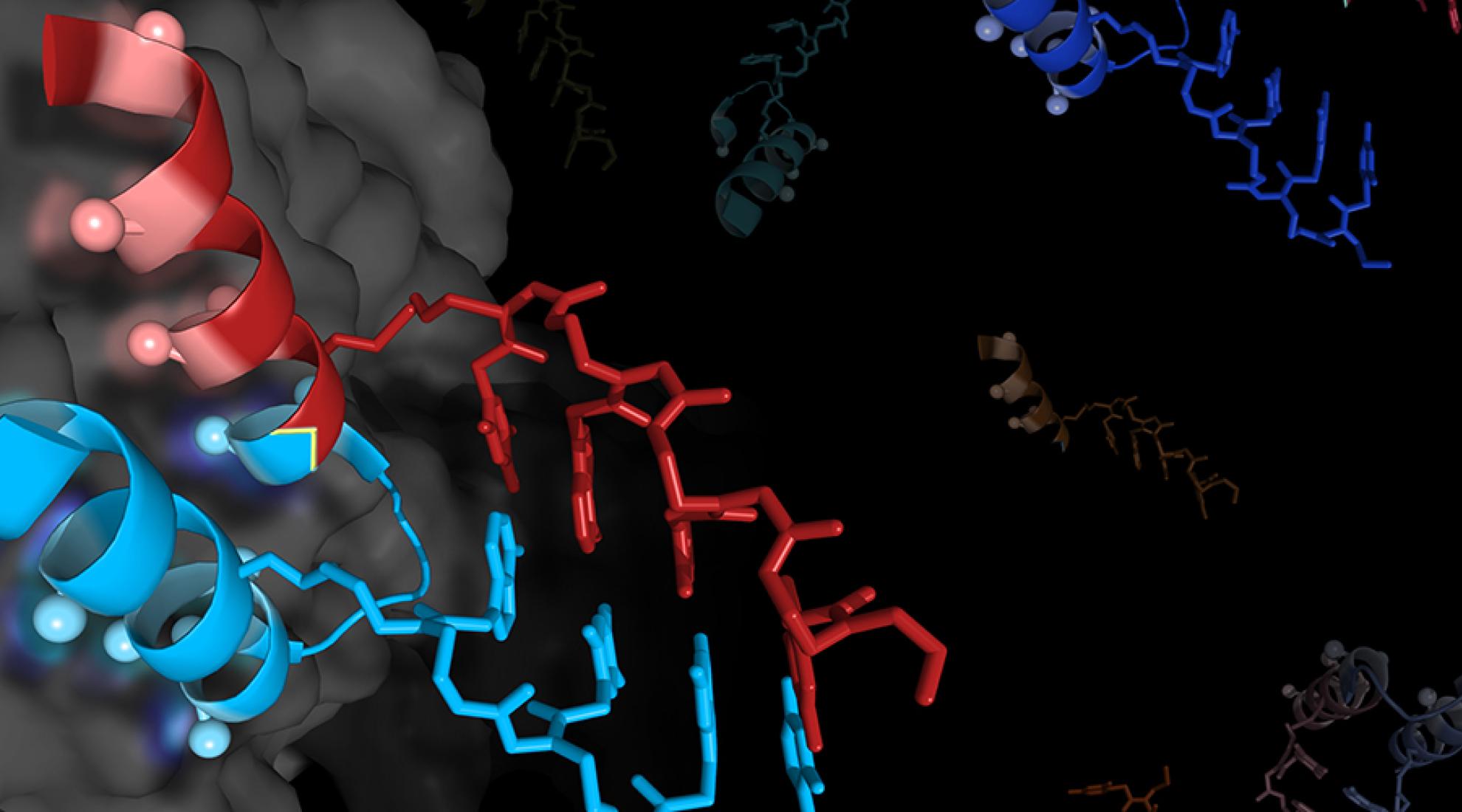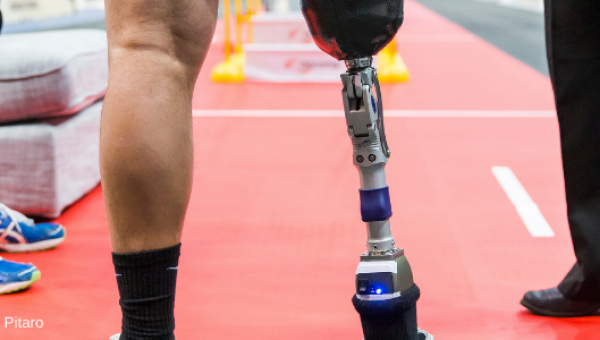Affordable synthetic antibodies from the lab

The two different parts of the SAP molecule work like a puzzle to form a stable structure.
Researchers at the University of Geneva have developed a faster and cheaper way to produce synthetic antibodies, offering new hope for the treatment of cancer and other complex diseases.
The development of antibodies in the laboratory has greatly advanced medicine in recent decades. They have proved particularly effective in cancer therapy and in the fight against infectious diseases such as COVID-19. However, their production is costly and time-consuming. Scientists at the University of Geneva have now developed a breakthrough technology that could simplify and revolutionise this process.
An alternative to conventional antibodies
The technology, known as self-assembled proteomimetics (SAPs), makes it possible to create synthetic molecules that function like antibodies, but can be produced much more cheaply and quickly. In a new study, the research team led by Prof. Nicolas Winssinger at the University of Geneva describes how these miniproteins can be targeted against disease-causing proteins.
Like puzzle pieces, these components snap together to form a stable structure capable of binding tightly to disease-causing proteins.
More efficient and versatile
A major advantage of the new paradigm for designing protein-targeting drugs is its adaptability. Researchers can control how strongly the synthetic antibodies bind to their target proteins. This flexibility could accelerate the success of therapeutic applications. Initial tests have shown that SAPs successfully bind to HER2, a well-known cancer biomarker, and to the receptor-binding domain (RBD) of the SARS-CoV-2 spike protein.
Hope for widespread medical use
The research has been published in the Proceedings of the National Academy of Sciences (PNAS). If the technology proves successful in further studies, it could revolutionise the treatment of cancer and other diseases. The next step will be to test the molecules in animals before moving to clinical trials. The new method not only promises to make it cheaper to produce antibodies in the lab, it could also make life-saving treatments more effective and accessible to everyone.




